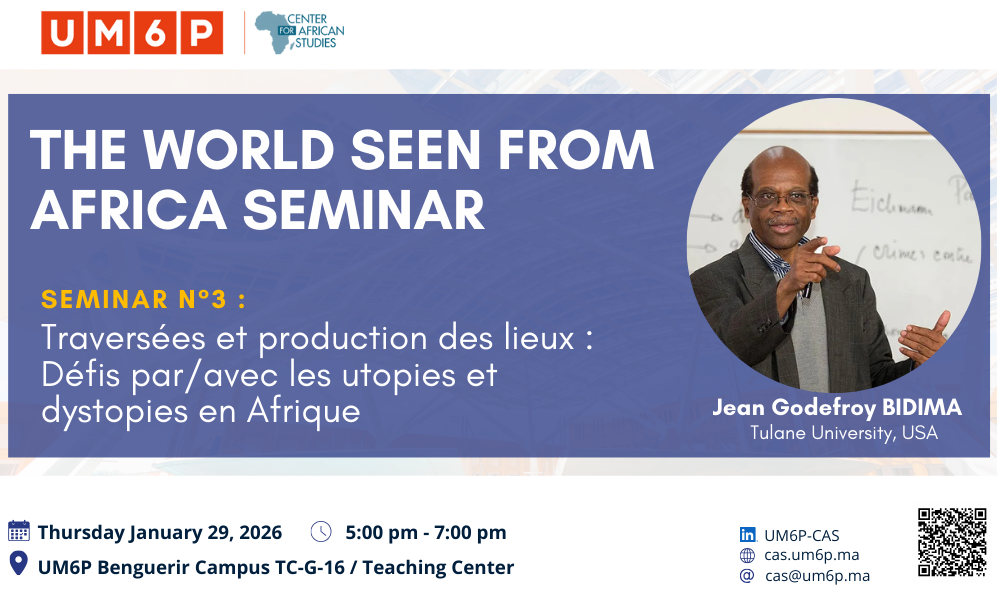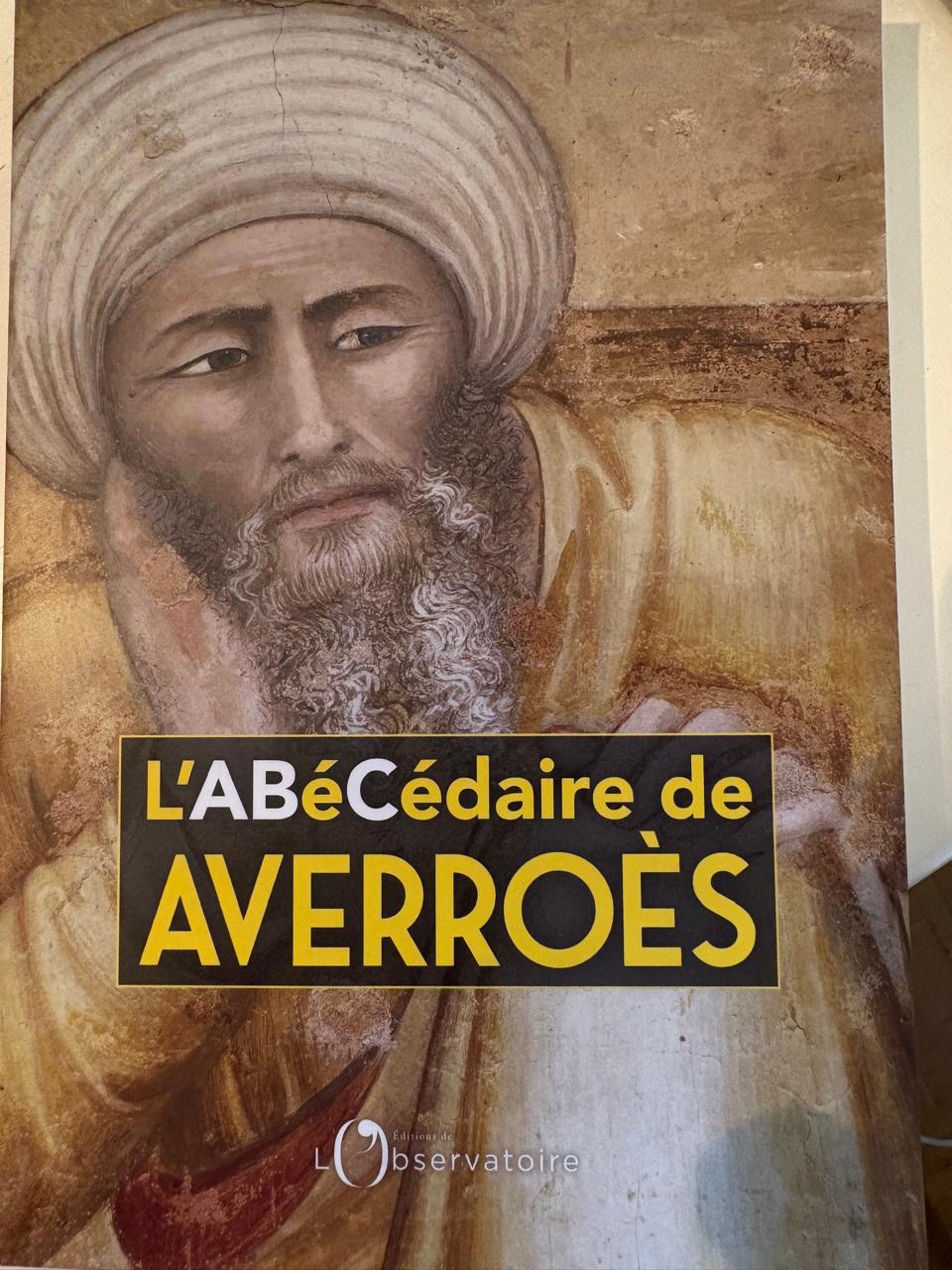
Thinking with Ibn Khaldun from the Present to the past and back
Pr. Ali Benmakhlouf
La Maison Française
16 Washington Mews, New York, NY 10003
Wednesday, Sep 18 2024

Since the 19th century, the work of the great 14th-century Arab-Muslim historian Ibn Khaldun has been appropriated in different ways. The “Nahda” (Renaissance) movement in Egypt recognized him as a thinker who, very early on, separated political power from religious power. At the same time, however, French colonizers in Algeria translated his work and projected onto it the gloomy image of an Arab people subjected to historical decline and a Berber people locked in archaism. In the 1970s, Ibn Khaldun was seen as the sociologist who contributed to the “birth” of the historical discipline. In recent years, there has been renewed interest in Ibn Khaldun’s thinking, both in France and in the United States. In this lecture, I will assess the history of these readings of Ibn Khaldun, and I will describe Ibn Khaldun’s writings, by situating them in their context of emergence in the 14th century, and showing their usefulness for today in thinking about human society (Al Umrân), historical fact, and the elements that promote or threaten social ties (Al Asabiyya).



